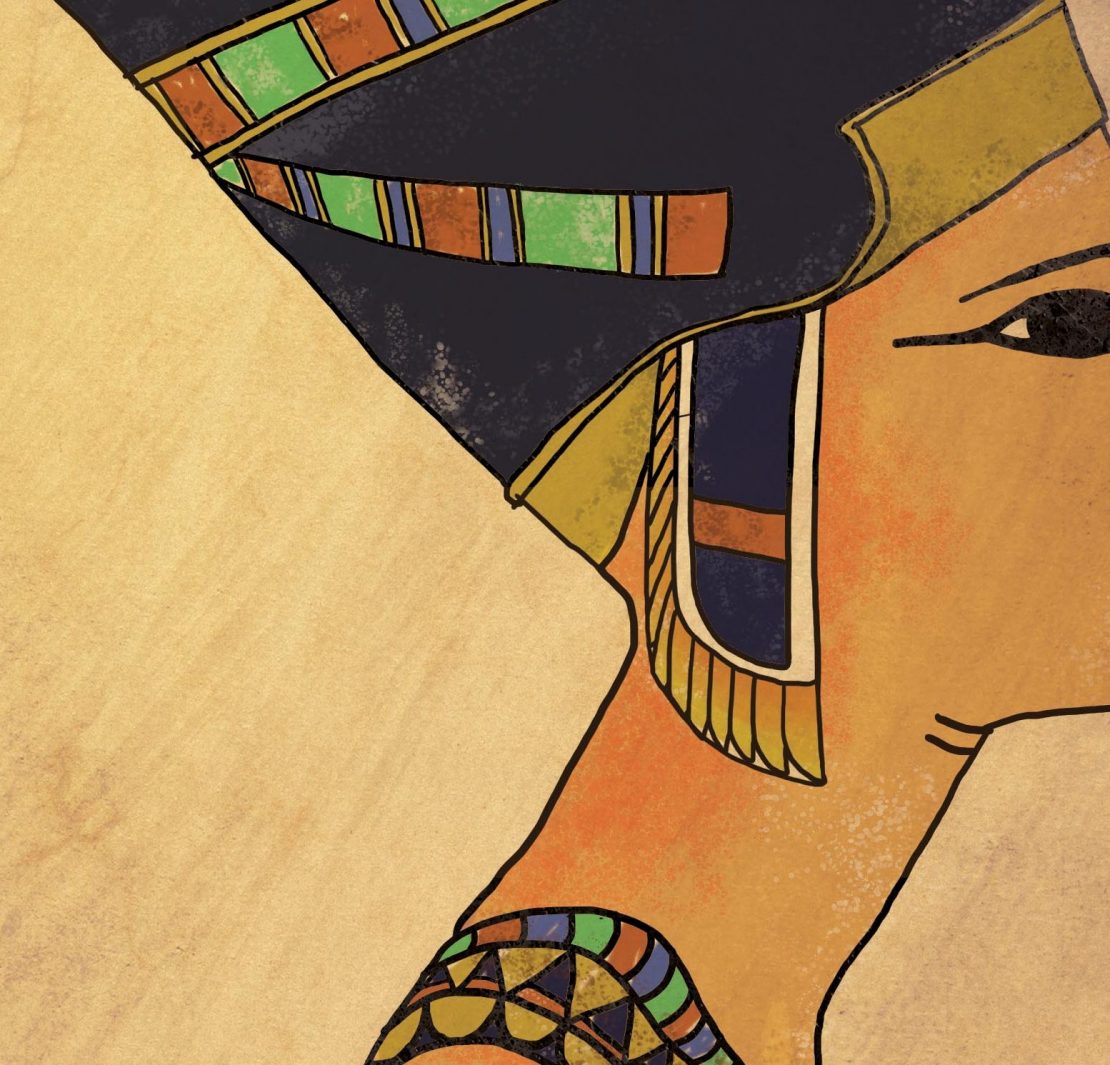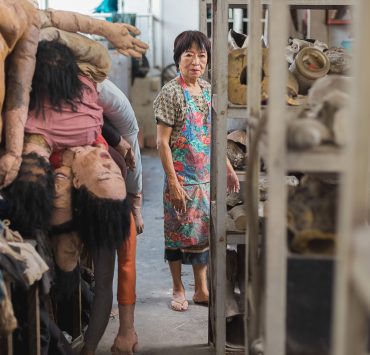Back in the day of empires and pharaohs, cosmetics underwent a DIY process and were more organic and natural. These makeup products before, including Cleopatra’s eyeliner, were concocted with ingredients searched for far and wide.
Eyeliner
We’ve got the Egyptians to thank for when it comes to eyeliner, which Twiggy (with her mod look) has made so famous in the ’60s. Egyptian men and women of high status actually wore eyeliner not to define their eyes (like what we do today) but to define where they stand in society. It was also a charm to protect themselves from people who wish them ill-fortune. Apart from this, wearing eyeliner was like wearing SPF. It prevented wrinkles around the eye area because the ink and color were so thick that it acted as a shield against the harmful rays of the desert sun.
How it was made: Eyeliner then was made by mixing a range of materials like copper ore and galena. Galena is actually now used to make kohl. These materials were sourced from nearby Egyptian regions and Western Asia.
Blush
Rouge was first used by the Egyptians but it was the Greeks who made it in vogue. During the BC era, women painted their cheeks with a rouge-colored paste. This look, like lined eyes, was also a sign of wealth and social stature. Today, blush no longer defines which part of caste system you belong but is considered one of the best pick-me-uppers especially when you’re feeling drab.
How it was made: The rouge color the Greeks used on their cheeks was a concoction of crushed red fruits like strawberries. Earth pigments, like ochre, were also used. Ochre was a mix of minerals that produced deep orange or reddish shades.
Lipstick
In the early Greek empire, women with red-tinted lips were those who would give their chastity for a price. Then came the Roman empire and women gave the bad rap of red lips from the Greeks a rest. Lipstick again, was associated with high ranking in society. Then, with the fall of the Roman empire and with Christianity on the rise, the rouge-colored lips took a back seat because of religious restrictions in clothing and appearance. But with the coronation of Queen Elizabeth II in England, the red tint painted on the lips resurfaced because the Queen herself was a lip rouge devotee.
How it was made: Greek women who wore lipstick would dye their lips with wine. Queen Elizabeth II made her own red lipstick with the combination of cochineal (an insect where the crimson-colored dye called carmine is derived), gum Arabic (sap from the acacia tree), egg whites, and fig milk.
Writer: BEVERLY DALTON
ILLUSTRATION KENO ENRIQUEZ




